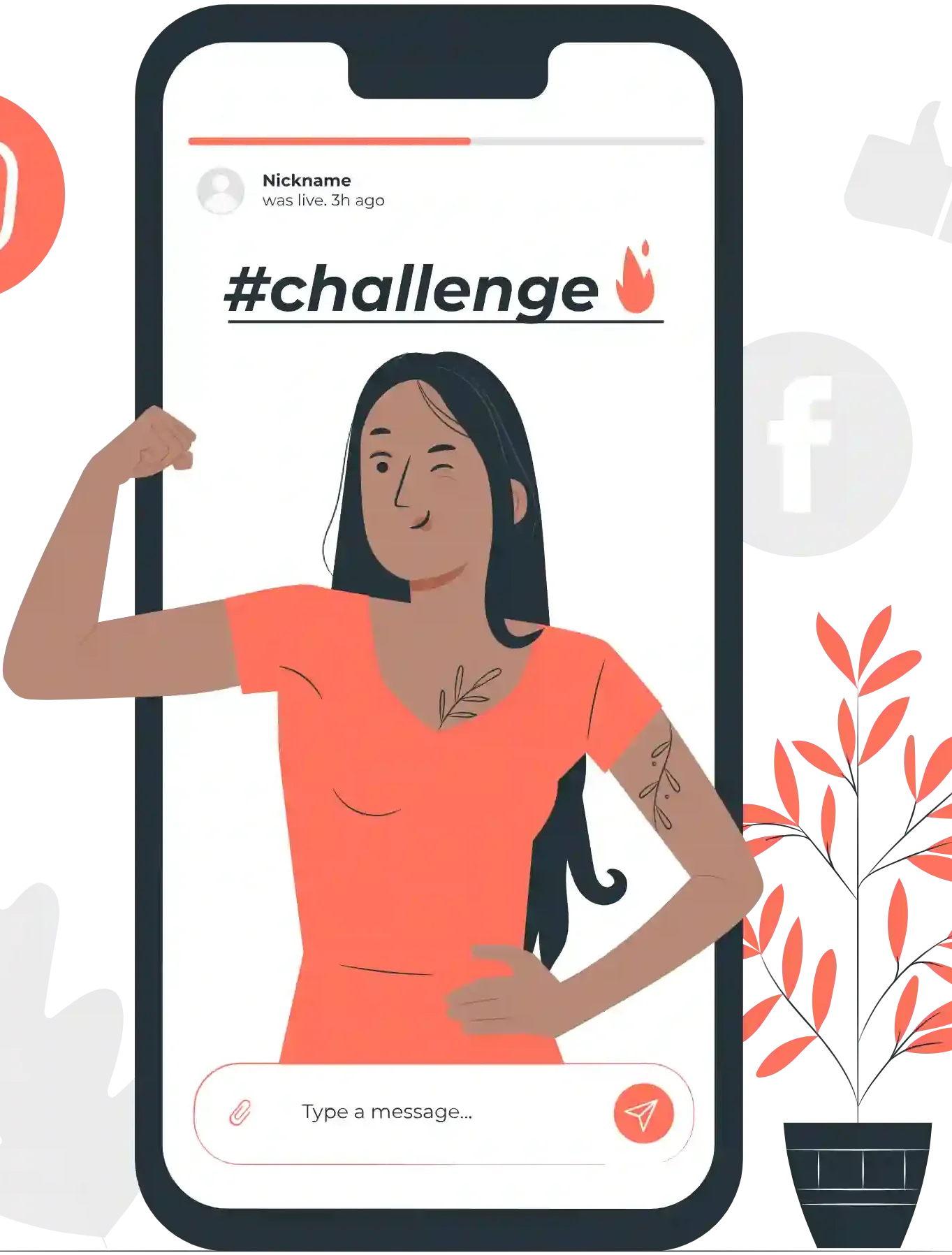Setting the Scene
California has been rethinking what fair hiring looks like for years, and the shift is starting to feel real on the ground. Employers are seeing people as more than a checked box, and applicants who once stalled at step one are finally being heard. Nakase Law Firm Inc. often hears questions like do jobs still test for weed in California, a sign of how much hiring practices, background checks, and fair chance laws overlap in everyday life. Picture the stack of resumes on a manager’s desk—the ones that used to get tossed after a quick glance at a form. These days, more of those resumes are getting a second look, and that simple change can reshape a person’s week, a family’s month, and sometimes a whole career.
A Quick Reality Check
The shift hasn’t happened in a single sweep. It’s come from small choices by managers, HR teams, and business owners who decided to evaluate people based on what they can do right now. California Business Lawyer & Corporate Lawyer Inc. has pointed out that fair chance employers are helping reshape workplaces by opening doors that used to stay locked. And yes, communities feel it. When someone goes from “no call back” to day one on the job, everything from rent to school lunches starts to look more manageable. That momentum builds.
What a Fair Chance Employer Looks Like Day to Day
So what does this look like in practice? Think of an auto shop that needs a lead tech. The owner interviews based on skill tests, references, and work samples. Background questions come later, after a conditional offer. That timing matters. It means the first conversation is about torque specs and diagnostics—not old mistakes.
Now, say the top candidate is Luis. He brings years of hands-on experience, can explain complex repairs in plain, calm language, and has customers who’d gladly vouch for him. With a traditional form, he might never clear the first screen. Under a fair chance approach, he gets to show what he knows first. That simple sequence change opens space for talent to show up.
The Law That Changed Hiring
The turning point was 2018, when the Fair Chance Act took effect for employers with five or more employees. The rule is straightforward: no asking about criminal history until a conditional offer is made. After that, background checks still happen, just in a more thoughtful order. And if an employer plans to pull an offer based on the report, they have to explain the reasoning and give the applicant room to respond.
Here’s the heart of it: the law asks companies to look at the nature of the offense, how long it’s been, and whether it actually connects to the job. It nudges everyone to pause, think, and then decide.
Why Many Companies Say Yes
Plenty of businesses that tried fair chance hiring keep going with it. One reason is simple: performance. Workers who finally get a shot often stick around, show up early, and bring a steady attitude to tough shifts. Ask a restaurant manager who’s constantly short-staffed—finding people who want to stay is gold.
There’s another angle. When a company shows it values people who are working to move forward, customers notice. So do employees who want to be part of a team that treats folks with basic fairness. It sets a tone. And in a tight labor market, that tone helps you hire and keep the people you need.
Real Concerns, Real Safeguards
Do worries come up? Sure. Managers ask what happens if a conviction relates to the role, or how coworkers might react. That’s why the law emphasizes context. A financial crime might be relevant for someone handling accounts. It might not be relevant for a warehouse role. The point is to match the decision to the duties, not to a checkbox.
And when a company decides the risk is too high, the process is still clear: explain the reasoning, document the review, and give the applicant a chance to add context—like training certificates, references, or evidence of steady work since.
Community Stakes
Work changes more than a bank account. It changes evenings at the dinner table, morning routines, and the way kids talk about their parents. A steady job reduces the odds of slipping backward. That means fewer court dates, fewer missed rent payments, more calendars filled with school pickups and soccer games.
On a wider level, this stabilizes neighborhoods and eases pressure on public systems. Less churn, more taxpaying workers, stronger local spending—one hire can ripple outward in ways that aren’t always obvious at first glance.
What California Employers Need to Do
For businesses, compliance isn’t complicated, and it pays to keep it tidy. Update applications to remove early criminal-history questions. Wait until after a conditional offer to run background checks. If you plan to take the offer back, explain why in writing and allow time for a response.
Train hiring managers, refresh job postings, and set up a simple documentation routine. It keeps decisions consistent and defensible, and it helps everyone feel confident that the process is fair.
Turning Policy into Practice
Policy only matters if it’s lived, so here’s a practical rhythm many teams use: screen candidates for skills, make a conditional offer to the best fit, then review background information with an eye toward relevance and time passed. Keep notes on what factors you weighed. That’s it.
And don’t overlook conversations. A five-minute talk where a candidate shares a supervisor’s phone number, a training record, or a recent certificate can clarify more than a dozen emails ever will. It’s human, and it works.
Stories That Stick
A community group in San Diego tells the story of Eric, who came home after a drug conviction and sent resumes into a void for months. A logistics company finally brought him in. He learned the layout fast, cross-trained on two stations, and started volunteering to cover weekend runs. Within two years, he’d earned two promotions and was mentoring new hires. That kind of growth isn’t rare; it just needs a door that opens long enough for someone to step through.
Or take a boutique hotel that brought on a night auditor through a fair chance program. The role required focus, calm problem-solving, and steady guest interaction. That hire soon became the person others called when things went sideways at 2 a.m.—the one who stayed cool, sorted the issue, and kept the desk humming. Teams remember people like that.
Read more Best 20 Instagram Bio For Blogger ( Copy & Paste )
Where Things Are Headed
California set the baseline, and momentum is building. More job boards tag roles as fair chance. More cities run partner programs to link employers with candidates who are ready to work. And more managers are saying, “Let’s meet them first, then read the report.” That simple mindset shift makes a difference you can feel on the floor and in the break room.
Will every hire work out? No. Hiring never has those guarantees. But when the process is structured, documented, and grounded in relevance, mistakes are rare—and the wins add up.
Final Take
Fair chance employers in California are rewriting everyday hiring by starting with skill and ending with context. That approach helps businesses find steady performers, helps families stabilize, and helps neighborhoods regain their footing. And for the person who finally hears “you’re hired,” it often marks the first page of a new chapter—one built on today’s effort, not yesterday’s worst moment.
Read more related blogs and guide on InstaCreator. Also Join us WhatsApp.


